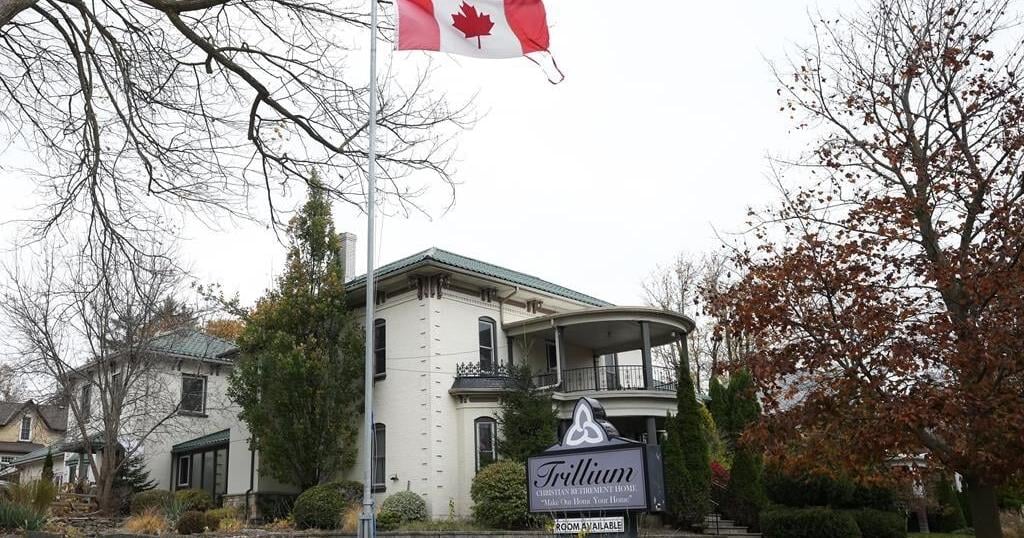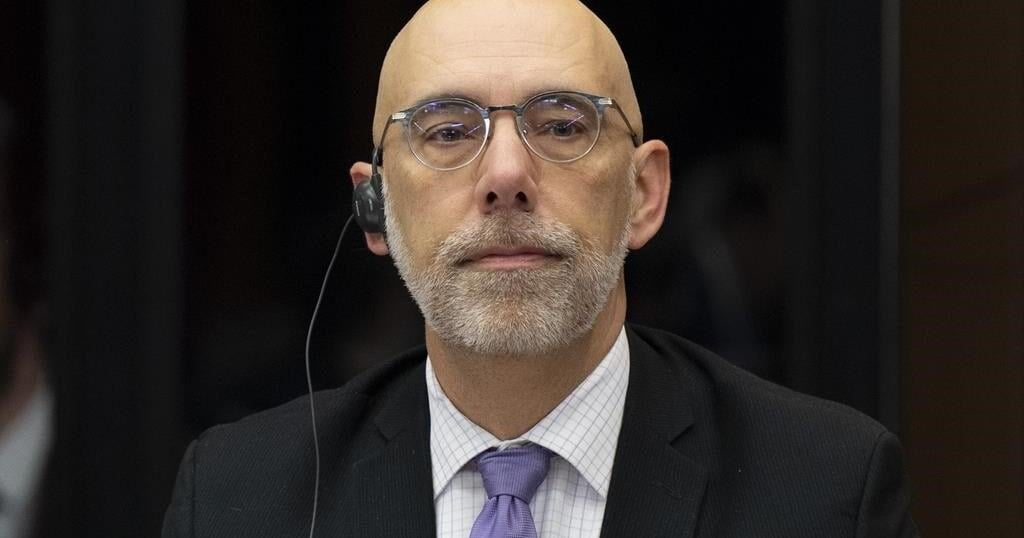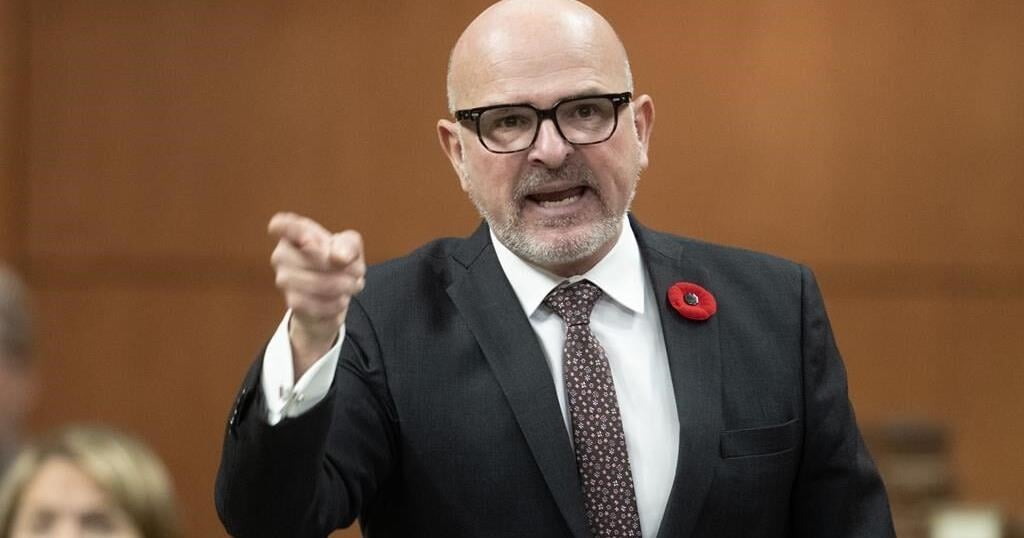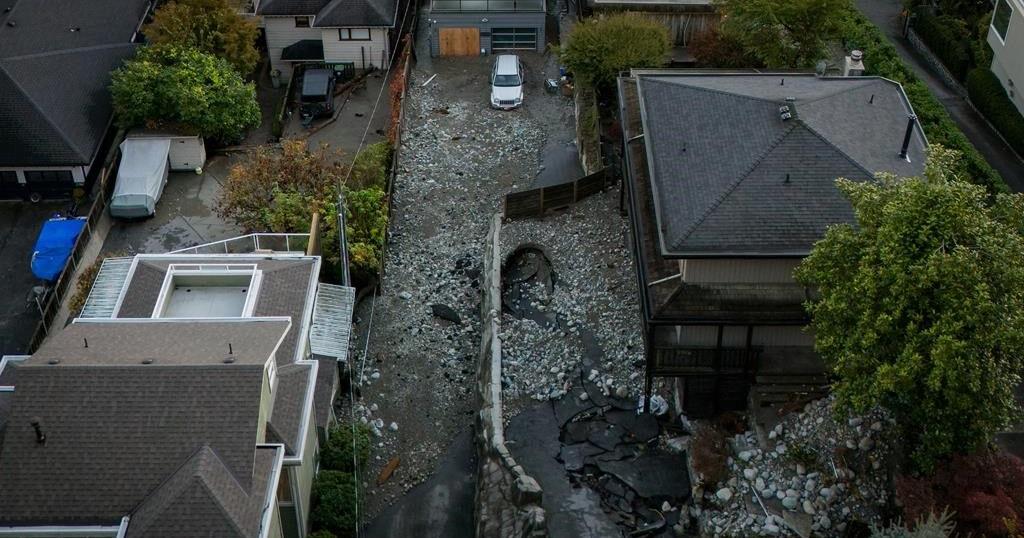The abrupt closure of a Norwich, Ont., retirement home is highlighting the need for seniors’ advocacy offices across the country, and more powers for regulators to act in such situations, advocates say.
The Trillium Care Norwich retirement home gave residents two weeks’ notice of its Nov. 11 closure, forcing families to find last-minute accommodations for the 18 people who lived there.
The Retirement Home Regulatory Authority said the closure contravened the Retirement Homes Act, which requires a 120-day notice to residents.
But Raymond Chan, a spokesman for the regulator, said that does not mean it could stop the home from closing its doors.
“Where someone has committed an offense under the Retirement Home Act, the RHRA can and has used a range of enforcement tools to recognize the breach and serve as a deterrence,” Chan said in a statement.
“Those tools include management and compliance orders, administrative monetary penalties (AMPs), licence revocation and the ability to prosecute under the Provincial Offences Act.”
Chan did not say which, if any, enforcement measures might be used in this case. The owner of the retirement home declined to comment on the closure when reached by The Canadian Press earlier this month.
Advocates say the situation highlights the need for more protections for seniors.
Laura Tamblyn Watts, CEO of national seniors’ organization CanAge, said that can start with more advocacy offices across the country, similar to the ones that already scrutinize how older people are cared for in three provinces.
British Columbia has had a seniors’ advocate since 2014, Newfoundland since 2017 and New Brunswick since 2018. Alberta also had a seniors’ advocate until the role was amalgamated with other duties in 2019.
The advocates provide oversight of how seniors are treated in their respective provinces, issuing reports to the government and recommending interventions.
For example, in B.C., the seniors advocate issued a report in June that criticized retirement homes for evicting residents who were unable to keep up with rising costs.
The report called on the provincial government’s Residential Tenancy Branch to provide better support for seniors living in retirement homes, and recognize that the province’s tenancy act applies to both the rent and service portions of their costs.
“We need that independent voice, like a seniors’ advocate, in every province, territory and federally to make sure that we have someone who’s holding up those systemic issues and really making sure in that local area that issues related to seniors are brought forward in a focused way to government and the public,” Tamblyn Watts said.
Another issue that needs to be addressed is the lack of funding for oversight bodies, she said.
“When you’re looking at the question of who’s in control, regulators of retirement homes are often ill-funded and those funding sources often come from the very industry it oversees,” she said.
Seniors for Social Action Ontario, a provincial group advocating for older people, supports the idea of setting up advocacy offices in more regions.
Patricia Spindel, the group’s chairwoman, said the retirement home industry needs to be overhauled and provincial industry regulators are often not enough to protect residents.
She said some other countries use non-profit models for assisted living that function better than Canada’s current systems.
“People should not be the victims of a competitive for-profit system,” Spindel said. “It’s a matter of government priorities and them not listening to the people who are in the situation.”
The office of Raymond Cho, Ontario’s minister for seniors and accessibility, declined to comment on any possible steps the ministry could, or would, take to improve enforcement and oversight of the retirement home industry and referred questions to the Retirement Home Regulatory Authority.
This report by The Canadian Press was first published Nov. 15, 2024.

























